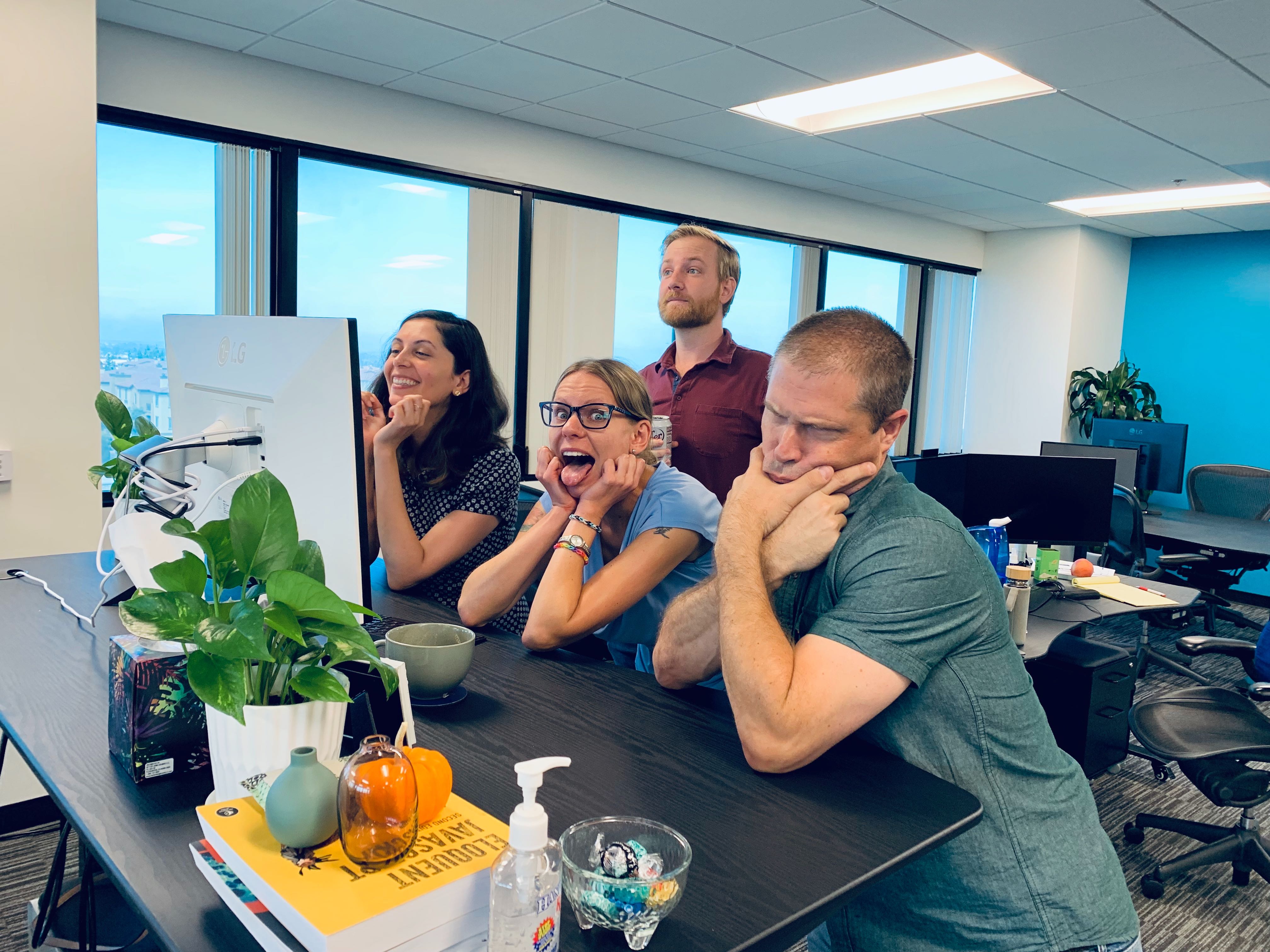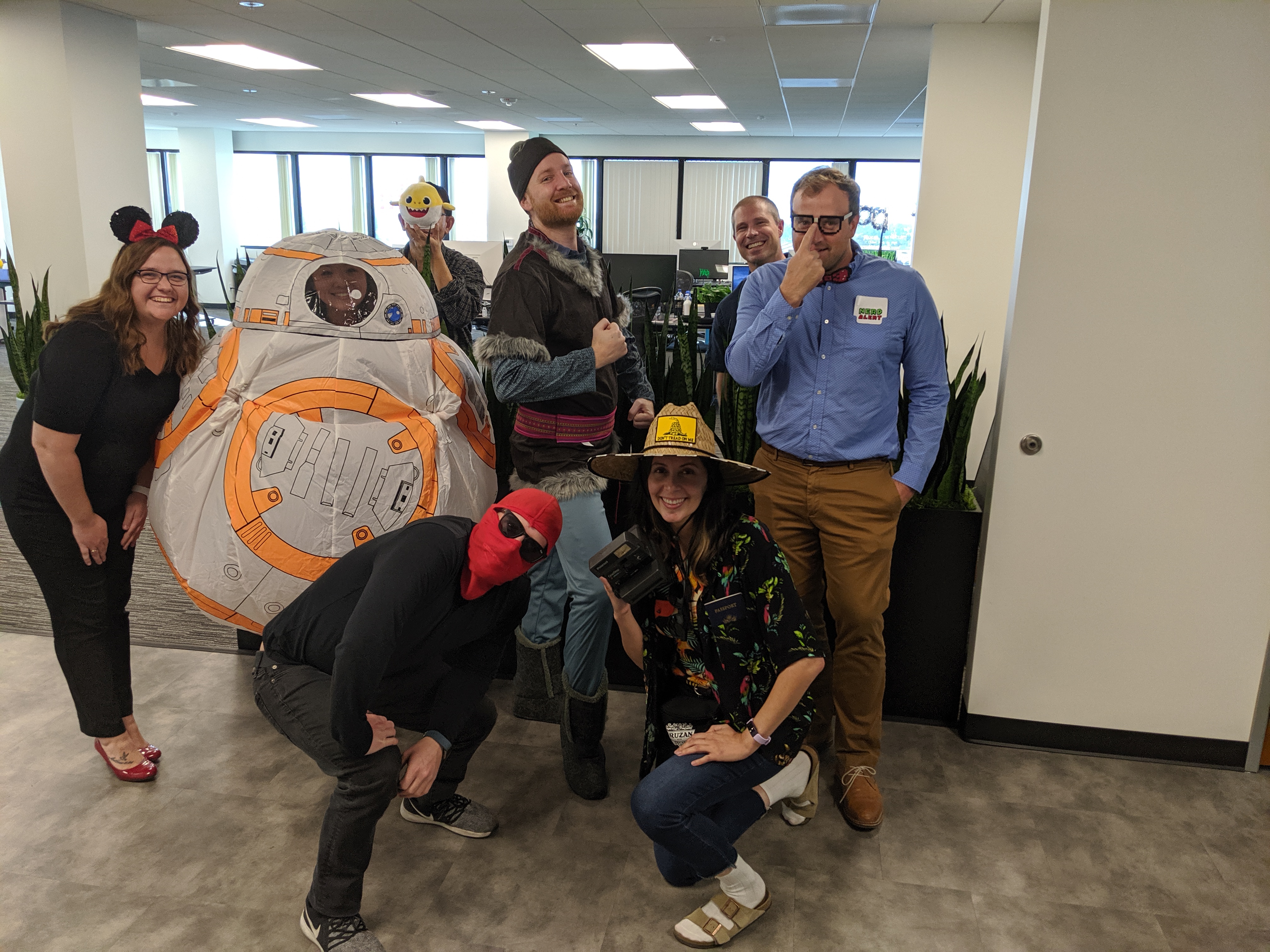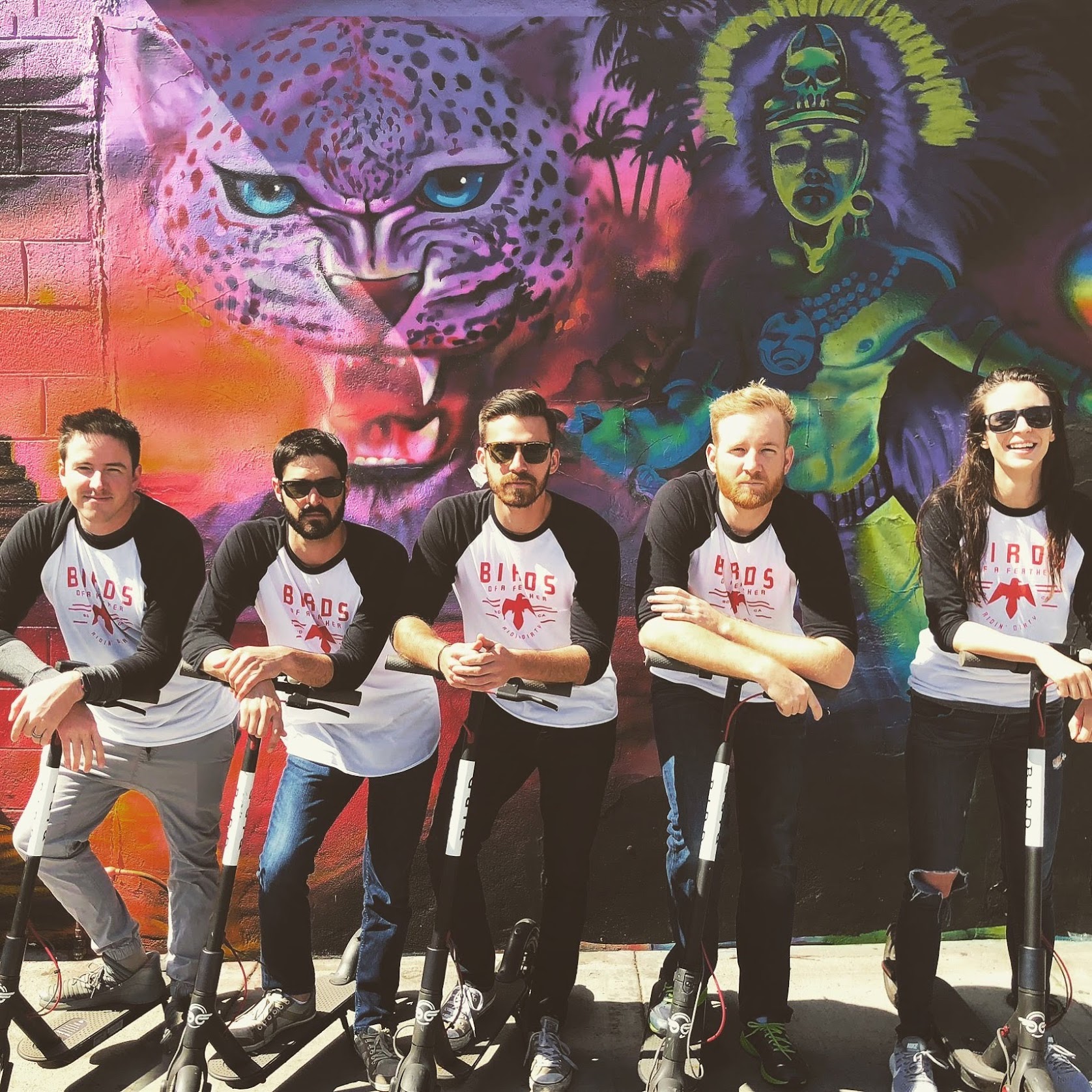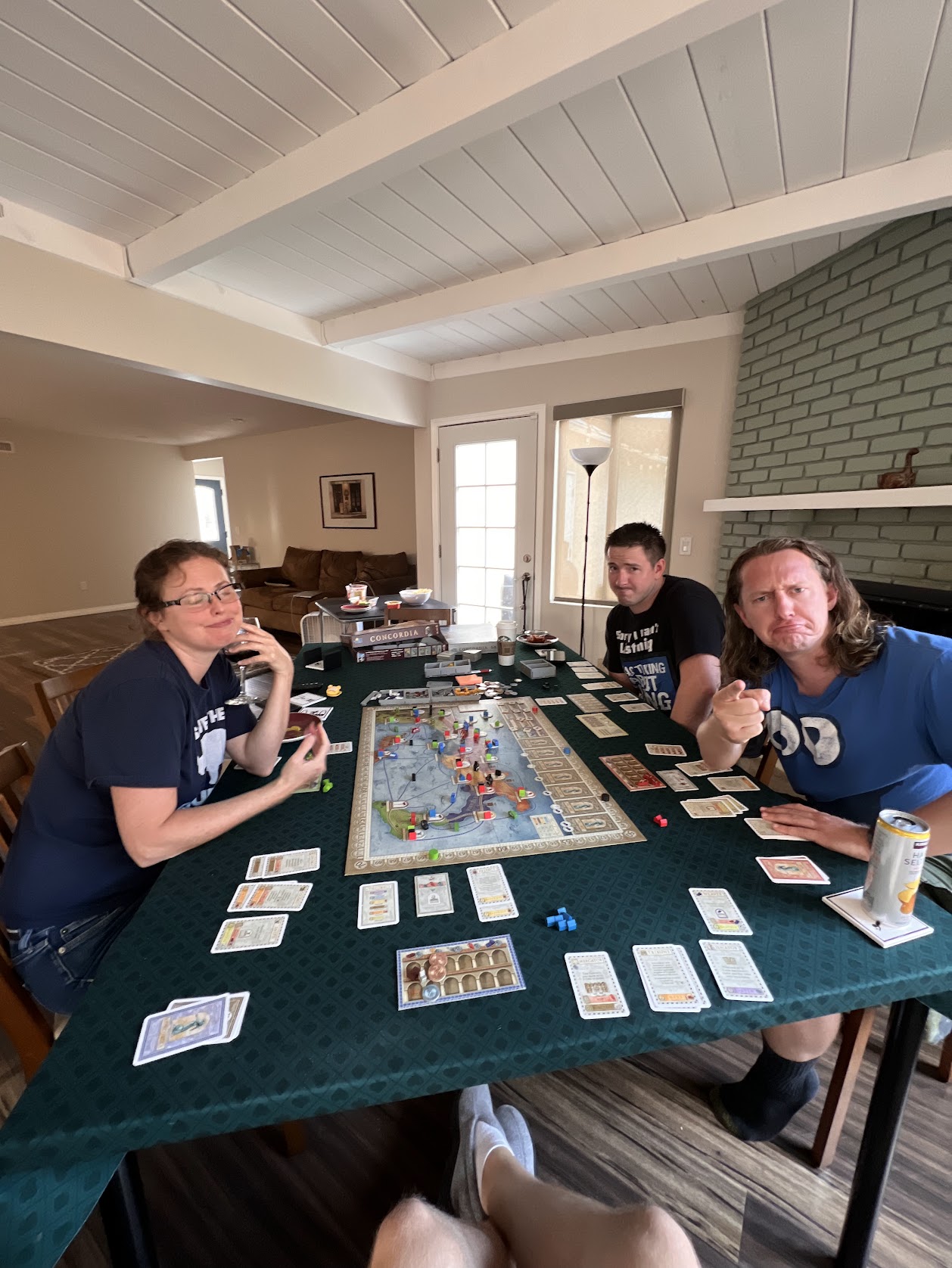Journey of the Developer: The Phases of Professional Growth





The path of a developer is a curious and diverse journey, filled with learning, challenges, and profound personal growth. As I sit to reflect on my own journey through the stages of a developer's life, it's a tale of evolution, from a hungry learner to a desire to be a guide for others, walking the delicate line between technical mastery and the wisdom of letting go.
The Early Days: A Hunger to Learn
In the beginning, there was an insatiable hunger to learn. Everything was new, exciting, and slightly overwhelming. I dove headfirst into the world of programming with Laravel, my gateway into understanding the beauty of well-organized code. It was like finding a secret language that, once deciphered, could create anything. Laravel wasn't just a framework; it was my first love in the coding universe.
My maiden project was a fitness tracking app for my wife and me. Those early days were about battling technical challenges, debugging, and reveling in the pure joy of making something work. I was naive, in the best way possible, eager to soak up everything. This stage is where the foundation is laid, fueled by eagerness and the thrill of the first successful deployment.
The Middle Ground: Smart Yet Dangerous
As my journey progressed, I entered what I like to call the "smart but dangerous" phase. This is where the patterns start making sense, and you begin to see the matrix of coding. Unfortunately, it's also where the seeds of ego can start to sprout. You've encountered bad code, and you vow never to be the author of such monstrosities. Yet, in your quest to avoid them, you might end up creating your own labyrinth of complexity.
During this time, my ambition led me to create a Vue framework, inspired by Laravel's elegance but through the lens of my own understanding. It was a project born from a desire to innovate, to simplify, to encapsulate complex problems into neat, reusable solutions. But in my pursuit of this ideal, I inadvertently isolated my colleagues with my creation, particularly one awesome co-worker who bore the brunt of my enthusiasm.
This co-worker was not just another developer on our team; he was the unwitting test subject of my "Joel Code." Despite the challenges my framework posed, he tackled it with grace and patience, embodying the best qualities of a team player. His feedback was honest and subtle, a gentle nudge against the fortress of my ego. However, it would take me another year for his words to fully penetrate and for me to appreciate the weight of what I had put him through.
Looking back, I realize how vital his feedback was and how, when I finally incorporated his experience, it represented a turning point in my career. Without his gentle guidance, I might have continued down a path that many developers find themselves on — a path where ego clouds judgment, where the desire to be seen as innovative overshadows the need for practical, collaborative solutions.
This phase taught me a crucial lesson: innovation should not come at the expense of accessibility and teamwork. My co-worker's resilience and willingness to engage with my framework, despite its flaws, was a testament to his character and an invaluable gift to me. His feedback, though it took far too long for me to fully absorb, was a beacon that helped steer me away from becoming one of the most damaging developer personas I've encountered in my career, those who never transcend their own ambitions to see the broader impact of their work on their team.
The middle ground, therefore, is not just about navigating technical challenges or embracing new patterns; it's about learning to listen, to truly hear, and to value the perspectives of those around us. It's a reminder that our journey as developers is not a solo endeavor but a collective voyage where humility, openness, and the willingness to learn from each other are the true markers of growth.
Seniority: Beyond Code
In my journey into seniority, the transition wasn't solely about mastering technical landscapes or leading projects. It was about confronting organizational challenges that seemed insurmountable at the time. Among these challenges, my struggle with the CEO's unrealistic expectations stood out as a particularly daunting obstacle. The gap between what the business needed and what our team could realistically deliver was wide, and my initial response was one of deep resentment. I harbored a naive expectation that leaders, especially CEOs, should possess all the answers and never falter. When our CEO fell short of this unattainable standard, my judgment was harsh and unforgiving.
This tension reached a turning point when I discovered "The Phoenix Project." The story, a vivid portrayal of IT, devops, and the endless complexities of managing both technology and business, resonated with me on a profound level. The protagonist faced chaos and challenges far beyond anything I had encountered, navigating through what seemed like an endless barrage of problems with patience, empathy, and a willingness to learn. It was a narrative that not only captivated me but also illuminated the path forward in my own professional life.
The book's central message about empathy, especially towards those in leadership roles, struck a chord. It dawned on me that the CEO, with all the pressures and responsibilities resting on his shoulders, was not so different from any other member of our team. He was learning, adapting, and facing his own set of challenges. This realization was my breakthrough moment. I began to extend the same empathy and understanding to him that I would to any colleague grappling with the steep learning curve of their role.
Armed with this new perspective, I took steps to bridge the gap between the CEO and our team. I facilitated avenues for constructive feedback, enabling him to gain insights into the team's needs and perspectives in a manner that fostered growth and understanding. Similarly, I worked to humanize the CEO in the eyes of the team, sharing insights into his challenges and intentions, which helped demystify his decisions and actions.
This approach transformed our dynamic. It wasn't about placating the CEO or merely acquiescing to business demands; it was about creating a dialogue, a mutual understanding that allowed both sides to see and appreciate each other's contexts and constraints. We became a unit that could navigate the complexities of our work with a shared sense of purpose, understanding, and respect.
Looking back, stepping into seniority was as much about personal growth and emotional intelligence as it was about technical proficiency. It was a lesson in the importance of empathy, communication, and the realization that leadership, at its core, is a human endeavor fraught with challenges, learning opportunities, and the potential for profound personal and organizational growth.
Enlightenment: Embracing the Present
At this point in my career, I felt I was at an apex of experience, where the sense of having control over both technical and organizational challenges brought a profound exhilaration. I felt capable and ready to shape the future, using my skills to effectively manage outcomes. It was a culmination of a long journey, a pinnacle of professional growth where it felt like I finally held the reins. Yet, as I've come to understand, this sense of control is often more a mirage than a reality. I call this phase enlightment - where success often lies outside our grasp, shaped by factors beyond our control, and where the true essence of our work is found in the connections we foster and the growth we facilitate along the way.
The sense of control often introduces a new set of challenges. The belief in my ability to determine the future, to orchestrate outcomes meticulously, brings with it a subtle stress and friction felt across the team. It's a complex lesson to grasp: the understanding that success, despite our desires and efforts, often remains outside our direct control. This urge to dominate the future, to ensure every project and initiative unfolds precisely as envisioned, can sometimes lead me — and others in leadership — to lose sight of what is genuinely important.
My experiences across various organizations have taught me that what truly endures are not the products we build or the deadlines we meet. Instead, it's the people, the connections formed, and the shared experiences that linger in memory. This realization has led me to understand that the essence of our work isn't found in tangible achievements but in the journey we undertake together as colleagues and friends.
At this current stage of my career, the lesson is to let go of the illusion of control. I am learning to welcome the uncertainty of the future, recognizing that its promise doesn't hinge on the outcomes we pursue but on the richness of our experiences together. The true joy of my role has shifted from problem-solving to fostering growth — creating a safe environment for my team to experiment, make mistakes, and learn from them. It's about providing the necessary support for everyone to pick themselves up, move forward, and grow from their experiences rather than be hampered by the fear of failure.
This stage isn't about disengagement or a lack of concern for our goals but represents a deeper engagement with what truly enriches our professional lives: the relationships we cultivate, the personal and collective growth we facilitate, and the resilience we build together. By letting go of the need to control every detail of the future, I am finding a more meaningful purpose in my work — one that focuses on the well-being and development of the people around me, confident that the future will always be bright. Not because of the outcomes we achieve, but because of the connections we value and the journey we share together.
Looking Forward
As I reflect on the stages of my career, from the nascent curiosity of my early days to the perspective I hold now, I am acutely aware that this journey is far from over. The landscape of technology and software development is ever-changing, promising new challenges, learnings, and opportunities for growth. I stand at this point in my career with a sense of excitement for what lies ahead. The path has been both challenging and immensely rewarding, marked by moments of discovery, collaboration, and personal growth.